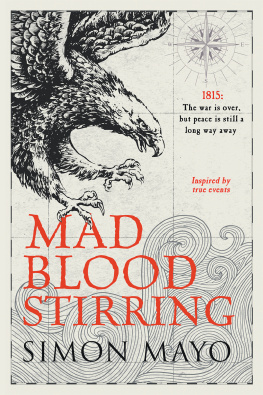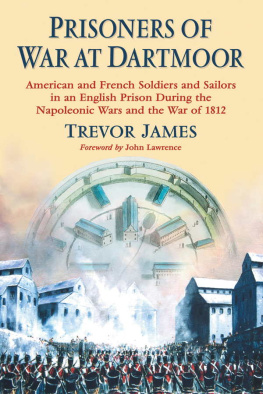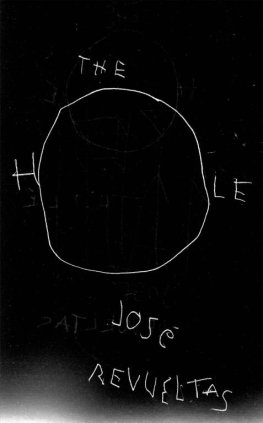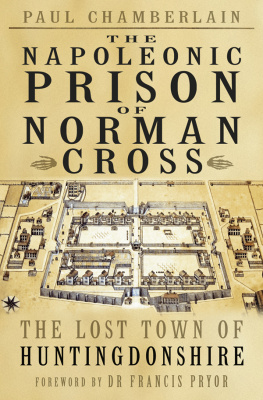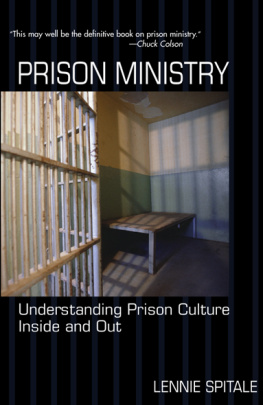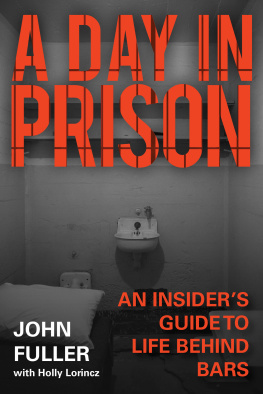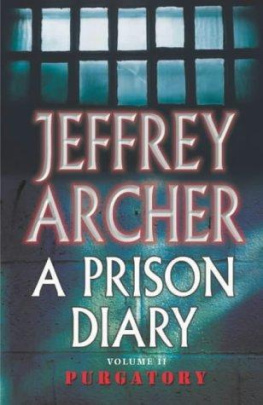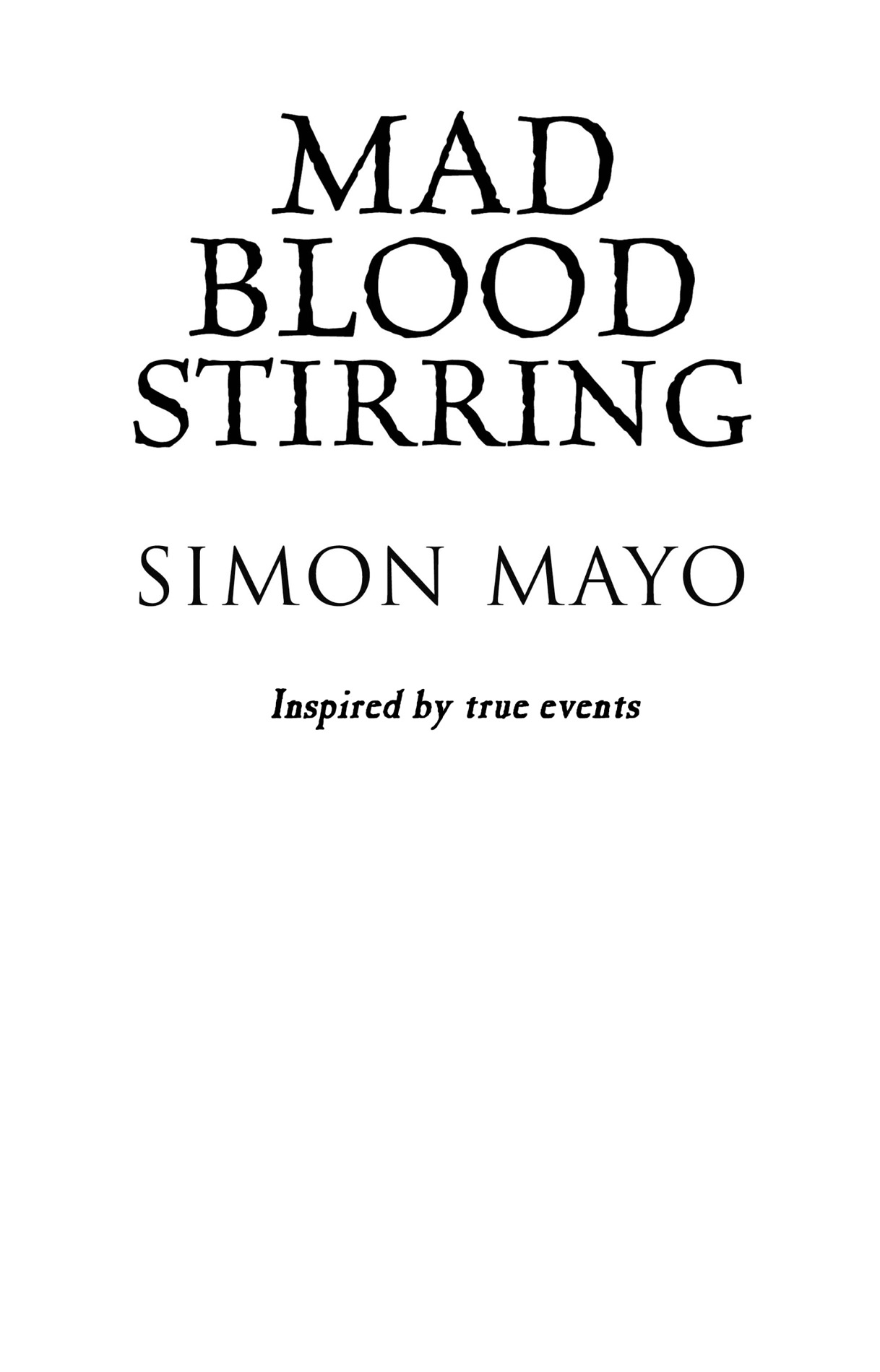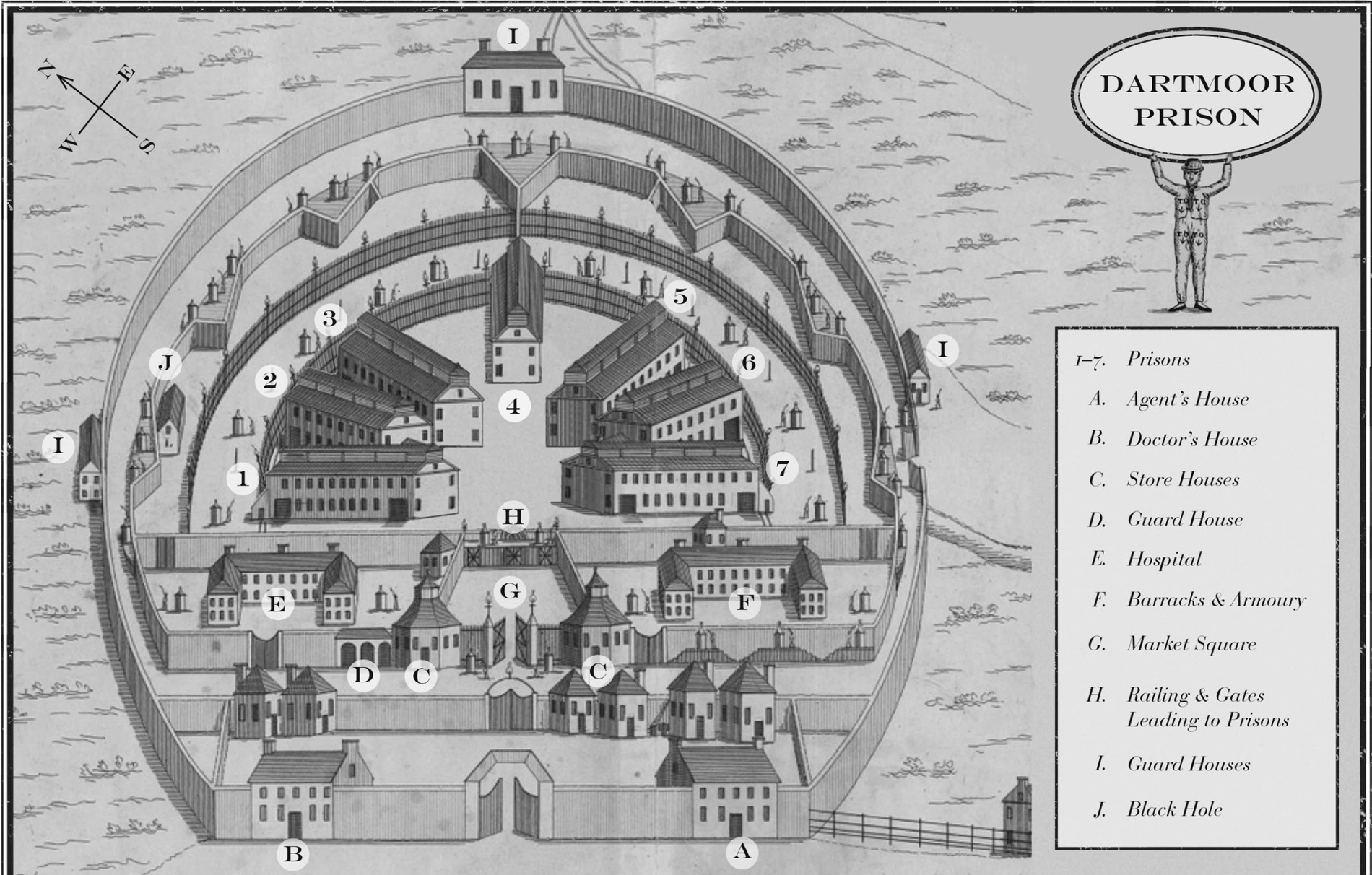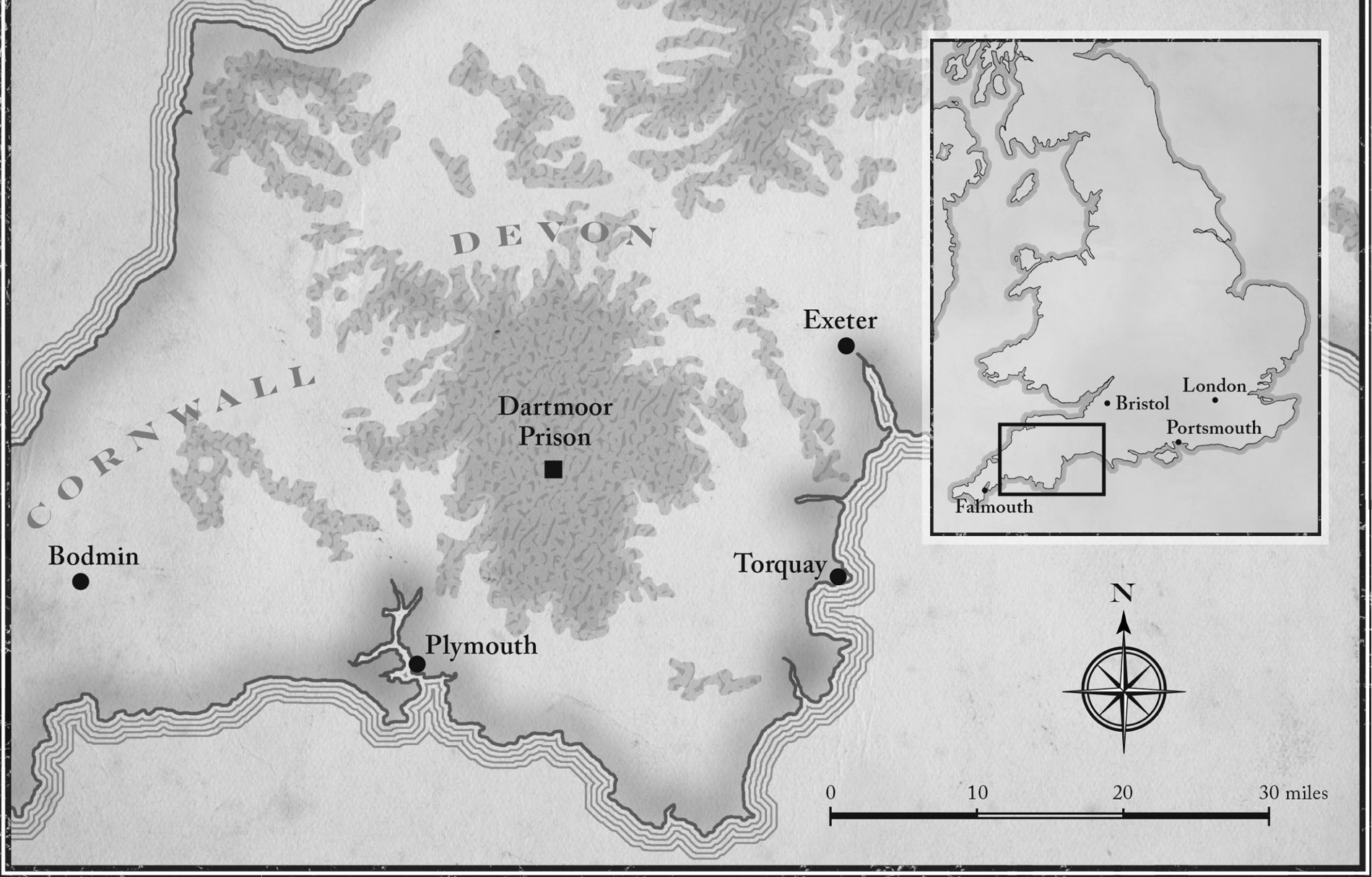TRANSWORLD PUBLISHERS
6163 Uxbridge Road, London W5 5SA
www.penguin.co.uk
Transworld is part of the Penguin Random House group of companies whose addresses can be found at global.penguinrandomhouse.com
First published in Great Britain in 2018 by Doubleday
an imprint of Transworld Publishers
Copyright Killingback Books Ltd 2018
Cover images Shutterstock
Design by Stephen Mulcahey/TW
Simon Mayo has asserted his right under the Copyright, Designs and Patents Act 1988 to be identified as the author of this work.
This book is a work of fiction and, except in the case of historical fact, any resemblance to actual persons, living or dead, is purely coincidental.
Every effort has been made to obtain the necessary permissions with reference to copyright material, both illustrative and quoted. We apologize for any omissions in this respect and will be pleased to make the appropriate acknowledgements in any future edition.
A CIP catalogue record for this book is available from the British Library.
Version 1.0 Epub ISBN 9781473544246
ISBN 9780857525154
This ebook is copyright material and must not be copied, reproduced, transferred, distributed, leased, licensed or publicly performed or used in any way except as specifically permitted in writing by the publishers, as allowed under the terms and conditions under which it was purchased or as strictly permitted by applicable copyright law. Any unauthorized distribution or use of this text may be a direct infringement of the authors and publishers rights and those responsible may be liable in law accordingly.
1 3 5 7 9 10 8 6 4 2
Dedicated to the memory of prisoner number 3154 and prisoner number 6520
Principal Players
The Americans
King Dick, sailor
Habakkuk (Habs) Snow, sailor
Sam Snow, sailor and cousin to Habs
Joe Hill, sailor
Will Roche, sailor
Ned Penny, sailor, lamplighter
Horace Cobb, sailor and leader of the Rough Allies
Edwin Lane, sailor, Rough Ally
Tommy Jackson, sailor, prison crier
Jon Lord, sailor
Robert Goffe, sailor
Alex Daniels, cabin boy
Jonathan Singer, cabin boy
John Haywood, sailor, lamplighter
Pastor Simon, reverend
The British
Captain Thomas Shortland, Agent, Governor of Dartmoor Prison
Elizabeth Shortland, Captain Shortlands wife, assistant to Dr Magrath
Dr George Magrath, physician at Dartmoor
Martha Slater, market trader
Betsy Wade, market trader
Alice Webb, seamstress
Historical Note
The novel is based on historical events
Since 18 June 1812, America and Britain have been at war, fighting what some will call the Second War of American Independence. It has already cost the lives of twenty thousand men. Much of the fighting has been at sea and, by the end of the war, on Christmas Eve, 1814, seven thousand American sailors are incarcerated in Dartmoor Prison, recently built for French prisoners taken in the war against Napoleon. Isolated and forbidding, it is the most feared prison in the land.
And if we meet we shall not scape a brawl,
For now, these hot days, is the mad blood stirring.
Romeo and Juliet, Act 3, Scene 1, William Shakespeare
England being now at war with their own country made them PRISONERS OF WAR, and close prisoners of war: shut them up in a close prison, on a bleak and naked down in Devonshire, called Dartmoor, in which prison we shall by-and-by see that some of them were killed on a charge of MUTINY.
William Cobbett, MP, radical journalist and author, History of the Regency and Reign of King George the Fourth, 183034
Prologue
April, 1815
THERE IS JUST one hymn left to practise. But already every member knows every note, every breath between, each rise and fall. Pastor Simon stands to conduct, but the choir is already singing. Most have their eyes closed; all of them are swaying.
Farewell, dear friends, a long farewell,
Since we shall meet no more,
Till we shall rise with thee to dwell
On heavens blissful shore.
We will meet you in the morning,
Where the shadows pass away;
We will meet, we will meet,
Where all tears are wiped away.
Our friend and brothers, lo! are dead,
Their cold and lifeless clay
Has made in dust its silent bed,
And there it must decay.
A giant of a man steps forward, his arms wrapped around himself for comfort, for support. He has been crying but, eyes screwed tightly shut, he is determined to lead the last verse.
Farewell, dear friends, again farewell;
Soon we shall rise to thee,
On wings of love our stars will cross
Through all eternity.
There is a moments silence, a beats pause as the final note dies. At first, no one moves. Then, as if emerging from a trance, the choir disperses, some of them still humming the melody as they clatter down the stone steps and wander out into the April rain.
1.1
New Years Eve, 1814
Dartmoor, England
THE TWELVE AMERICAN sailors, starving, filthy, exhausted, who had been stumbling across the frozen moorlands since first light, regarded their well-fed and well-armed British captors, dressed smartly in bright red tunics, and concluded it was time for revenge.
They started to sing.
Full-throated and tuneless, the surviving men of the Eagle drove the guards of the Derbyshire militia crazy.
No one sang here, not ever.
Will you ever shut up? snapped one soldier, his unshaven face purple with rage and cold. He swung his rifle towards the prisoners, its bayonet missing one man only by inches.
Let them sing! called out another. When they see where theyre heading, theyll be quiet soon enough.
And by the time they see the sun again, called a third, the bloody pox will have taken their voices, anyway!
The four soldiers laughed.
The small squadron trudged further up the hill, the narrowing track forcing the prisoners into six shuffling rows of two. The wildly uneven path, at best nothing more than trampled-down gorse littered with rocks, picked its way across featureless hills, the occasional dilapidated farmstead the only sign of human habitation. Many of the Americans had difficulty walking; arms had been linked and shoulders grasped. They were poorly dressed for the march and the bone-chilling cold. A few had boots, but the rest slipped and fell in their canvas shoes. A variety of hats were on display, some barely more than a square of tarpaulin tied in place with rope, but one stood out. At the back of the parade, one prisoner sported a three-cornered felt hat, pulled low over his brow, a few inches of closely cropped blond hair showing beneath its brim. He looked no more than sixteen. A tattooed eagle, wings splayed, bill and talons slashing, was just visible above his collar, roughly inked at the base of his skull. He leaned towards his marching companion.

